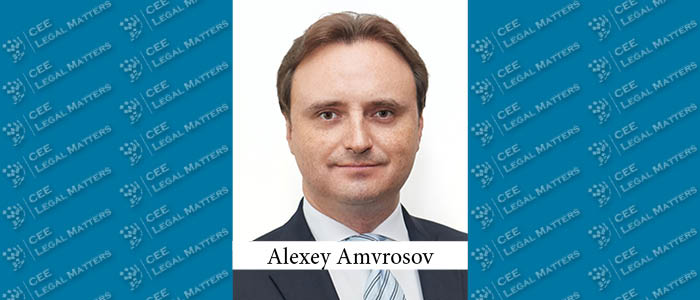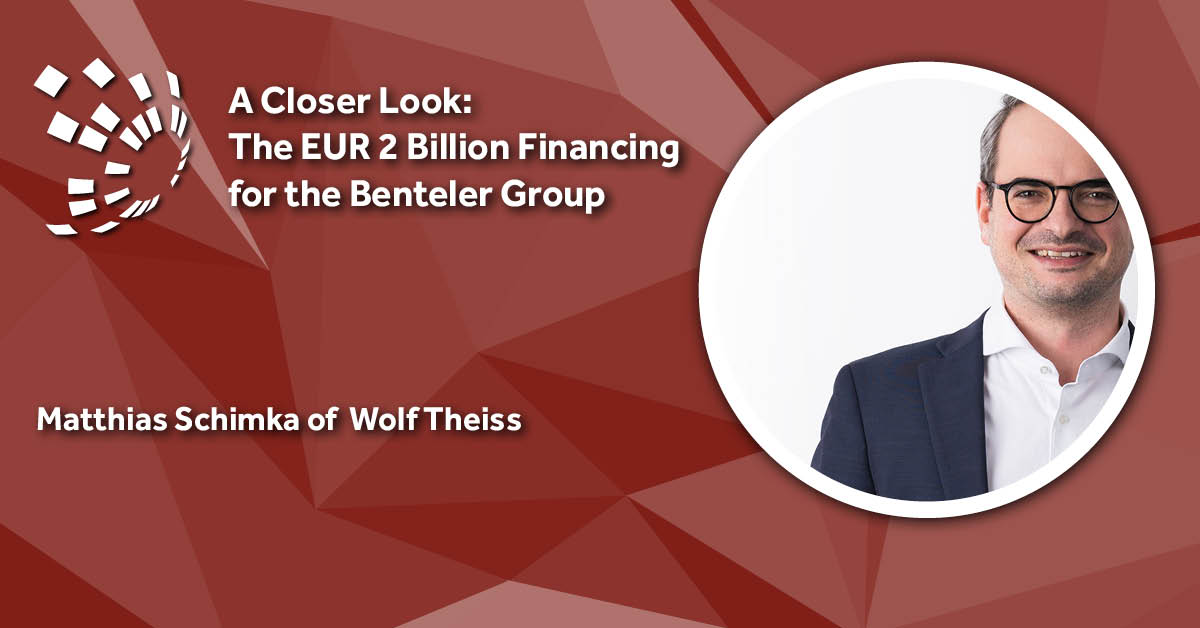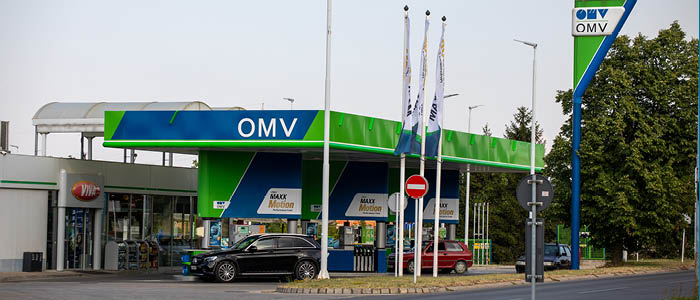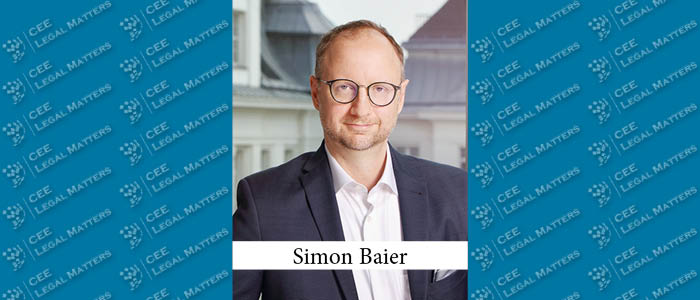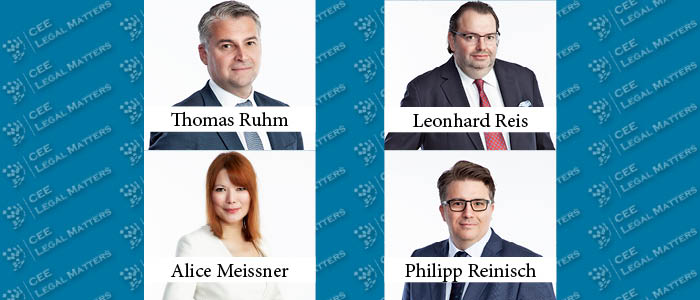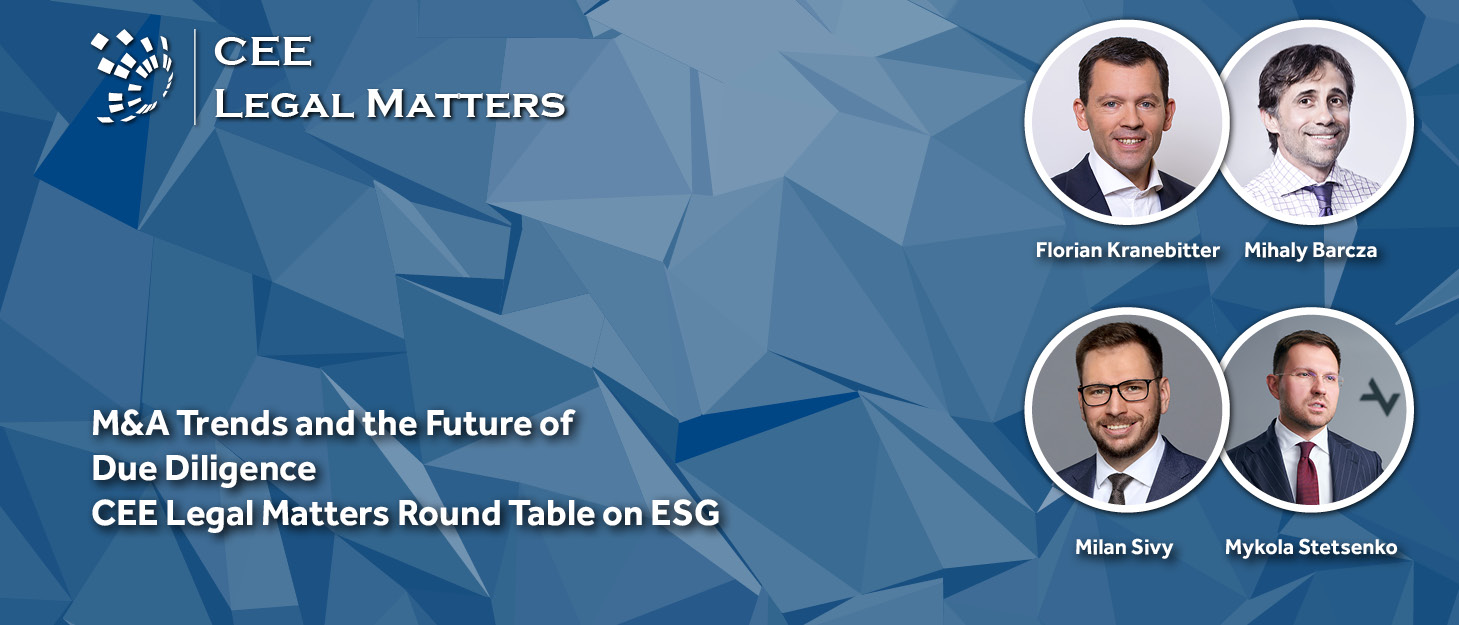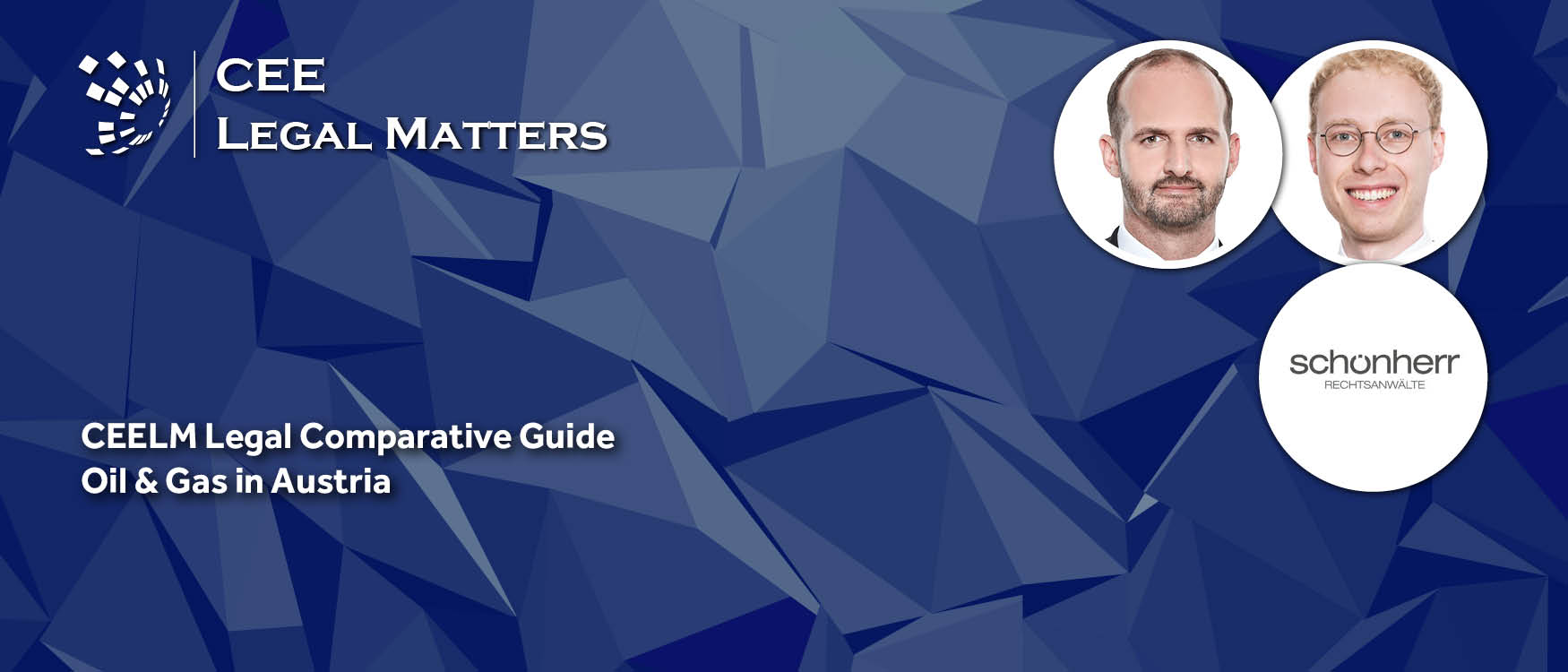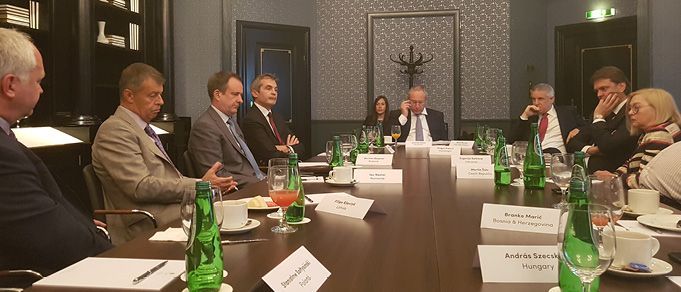Alexey Amvrosov, Lead Counsel for IBM Consulting in CEE, based in Vienna, highlights the soft skills that will differentiate successful legal leaders from those less so.
Herbst Kinsky Advises Froots on Second Financing Round
Herbst Kinsky has advised Lifetree Asset Management – Froots – on its second financing round which saw Gregor Schlierenzauer and Ronald Holzmann join existing investors Georg Kapsch, Andreas Treichl, Gina Goess, and Reinhold Baudisch, with the company raising over one million euros.
A Closer Look: Wolf Theiss' Matthias Schimka on the EUR 2 Billion Financing for the Benteler Group
On May 22, 2023, CEE Legal Matters reported that Wolf Theiss, working with Milbank, had advised the initial purchasers and lenders on Salzburg-based Benteler Group’s capital market debut issuance and loans amounting to over EUR 2 billion. CEELM reached out to Wolf Theiss Partner Matthias Schimka to learn more about the matter.
E+H Advises EcoWind on Sale of 26-Megawatt Carinthian Wind Farm Portfolio
E+H has advised EcoWind on the sale of the Steinberger Alpe wind farm and the Soboth wind turbine to Kelag in an international bidding process.
Taylor Wessing Advises SkySpecs on Acquisition of i4SEE
Taylor Wessing has advised wind energy technology company SkySpecs on the acquisition of i4SEE.
Cerha Hempel Advises OMV on Sale of Avanti Service Stations in Germany to PKN Orlen
Cerha Hempel has advised OMV on the sale of its Avanti-branded service stations in Germany to PKN Orlen Group's Orlen Deutschland.
SHB Law Office Simon Harald Baier Opens Doors in Vienna
Former PwC Legal Attorney at Law Simon Baier has launched the eponymous SHB Law Office Simon Harald Baier.
Rautner Advises Gugelsolar and Erste Bank on PV System Construction and Financing
Rautner Rechtsanwaelte has advised Gugelsolar GesmbH and Erste Bank on their construction and financing of the Sonnenfeld Pellendorf agri-photovoltaic system as an addition to the existing Gugelberg wind farm.
Binder Groesswang and Cerha Hempel Advise on PAI Partners Acquisition of Savory Solutions Group
Binder Groesswang, working with Willkie Farr & Gallagher, has advised PAI Partners on its acquisition of NovaTaste – formerly the Savory Solutions Group – from International Flavors & Fragrances. Cerha Hempel, working with Cleary Gottlieb, advised the seller.
Banking & Finance in Austria
Contributed by Act Legal WMWP Rechtsanwalte.
Fieldfisher Opens Office in Vienna
Fieldfisher opened an office in Vienna on June 1 with former SCWP Schindhelm Partners and by integrating Meissner & Passin.
Capital Markets in Austria
Contributed by Schoenherr.
Deal 5: Croma Pharma Managing Director Andreas Prinz on Combination Agreement with EHC Business
On January 4, CEE Legal Matters reported that Dorda, working with Loyens & Loeff, had advised Croma-Pharma on entering into a business combination agreement with the European Healthcare Acquisition & Growth Company. CEE In-House Matters spoke with Andreas Prinz, Managing Director at Croma Pharma, to learn more about the deal.
ESG Talks: M&A Trends and the Future of Due Diligence – A CEE Legal Matters Round Table
On July 7, four leading lawyers from Austria, the Czech Republic, Hungary, and Ukraine sat down for a virtual round table moderated by CEE Legal Matters Managing Editor Radu Cotarcea to discuss the increasing prominence of ESG issues and their impact on M&A transactions, due diligence procedures, and the role of the lawyers themselves.
Oil & Gas Laws and Regulations in Austria
Contributed by Schoenherr.
Capital Markets in Austria
Contributed by Weber & Co.
CEELM Covid-19 Comparative Legal Guide: Contracts in Austria
Contributed by Graf Patsch Taucher, member of PONTES
Market Makers
The commercial legal markets of Central & Eastern Europe didn’t appear automatically. They didn’t develop in a vacuum. They were formed, shaped, and led, by lawyers – visionary, hard-working, commercially-minded, and client-focused individuals pulling the development of CEE’s legal markets along behind them as they labored relentlessly for their clients, their careers, their futures.

